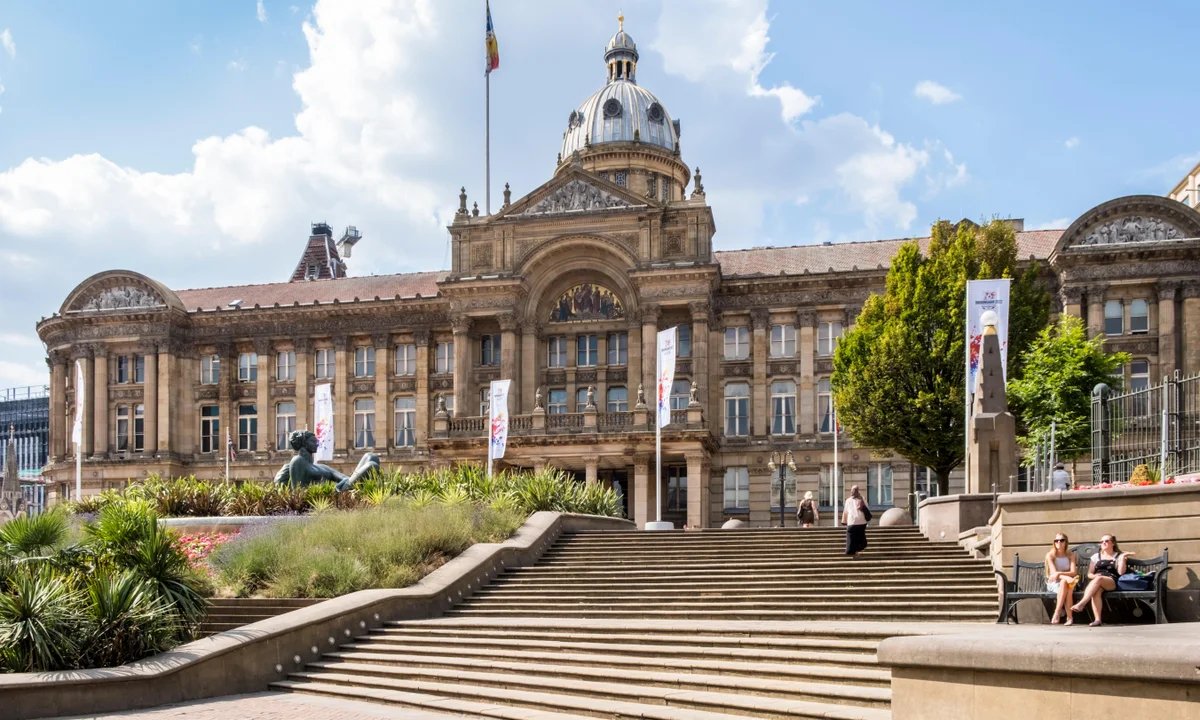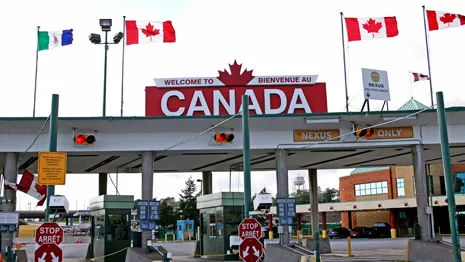A loophole in the UK’s council tax system is quietly punching a hole in local authority budgets — to the tune of £334 million. It’s called the double council tax loophole, and it’s not a fringe issue. This isn’t a quirky oddity in tax code; it’s a growing problem that affects funding for essential public services.
What Is the Double Council Tax Loophole?
At its core, the double council tax loophole allows property owners to be charged council tax on two properties — and yet, in certain cases, pay significantly less or avoid paying altogether. It typically involves second homes or properties left intentionally empty. Councils often offer discounts or exemptions to encourage bringing properties back into use, but the system is being gamed.
Some property owners use legal but questionable tactics to avoid higher charges meant to discourage empty homes. For example, they might flip the classification of a property between “second home” and “empty home,” or claim they’re refurbishing indefinitely to avoid higher tax bands. This isn’t illegal — but it is costing councils.
How Big Is the Problem?
A recent study estimates that UK councils could lose as much as £334 million due to this loophole. That’s money that could go toward road repairs, public housing, waste services, or social care.
The problem is especially bad in tourist-heavy areas, where second homes are more common. These properties often remain empty for most of the year, reducing the available housing stock while contributing little to the local economy.
Who’s Exploiting the Loophole?
Mostly second homeowners and landlords. The loophole allows them to duck the full financial responsibility of owning multiple properties. And with limited enforcement and generous local policies, there’s little stopping them.
It’s a textbook example of how good intentions — like encouraging property use — can be hijacked by those looking to cut their bills.
What’s Being Done?
The UK government has introduced some measures, such as giving councils the power to double the council tax on homes empty for more than two years. But patchwork enforcement and varying council policies mean the problem persists.
A more consistent national policy could help — but political appetite for that may depend on public pressure.
What It Means for You
Whether you own a home or rent, the impact trickles down. When councils lose millions through the double council tax loophole, they cut services or raise taxes elsewhere to make up the shortfall. So yes — even if you’re not gaming the system, you’re still paying the price.
Conclusion
The double council tax loophole may sound like a technicality, but it’s a real-world issue with consequences. It puts strain on local services, contributes to housing shortages, and allows the well-off to dodge their fair share. As the bill climbs past £334 million, pressure is mounting for reform — and for councils to finally plug the leak.



